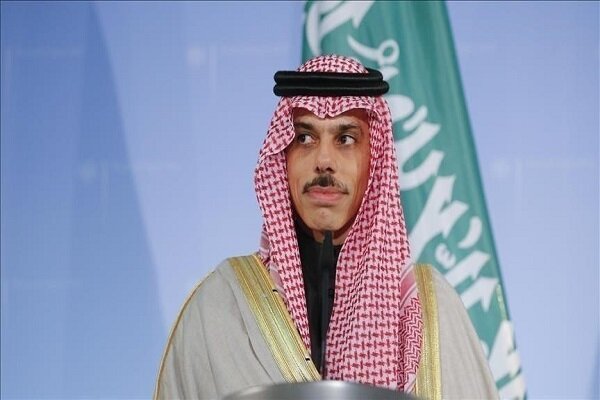
Similar Posts
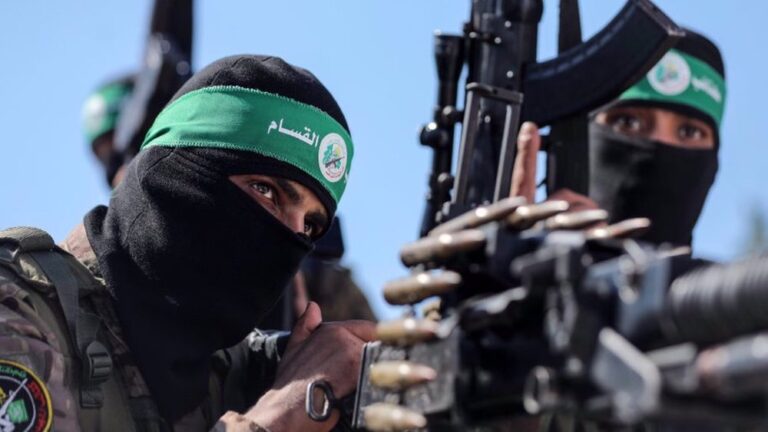
Hamas Declares: No Room for Foreign Interference in Gaza’s Affairs!
The conflict in Gaza has prompted discussions about its future governance. Hazem Qassem, spokesperson for Hamas, emphasized the need for a national agreement among Palestinian factions for post-war arrangements, asserting that Hamas is willing to step aside from governance if consensus is achieved. He stressed that future plans should be internally agreed upon, focusing on reconstruction efforts to alleviate the suffering of Gaza’s residents. Qassem’s remarks highlight a strategic shift towards prioritizing national unity and local governance, aiming for self-determination free from foreign intervention. This commitment to dialogue is crucial for fostering peace and addressing the needs of the population.
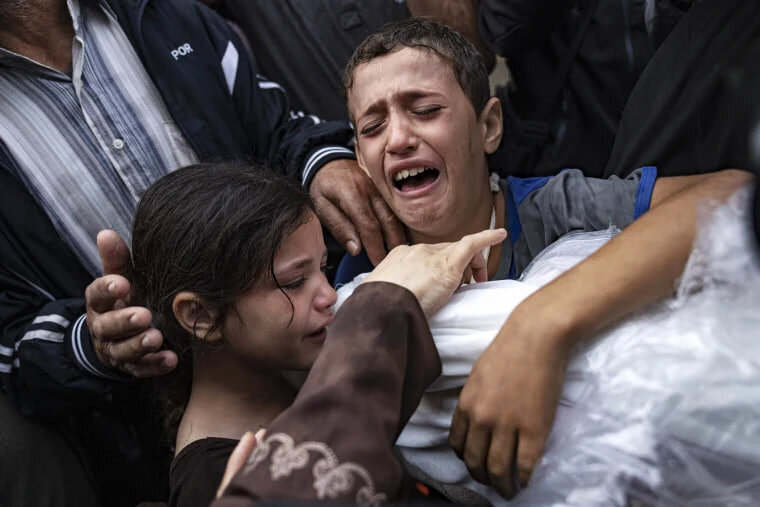
Global Responsibility: Holding the World Accountable for the Gaza Genocide Crisis
Since the conflict began on October 7, 2023, Gaza has faced severe humanitarian crises, exacerbated by Israeli aggression under Prime Minister Netanyahu. Approximately 2.3 million Palestinians are trapped in dire conditions, prompting urgent calls for global intervention and accountability. The situation reflects a failure of international governance and moral responsibility, with leaders like Netanyahu drawing disturbing comparisons to historical war criminals. U.S. Senator Bernie Sanders highlighted the absence of humanitarian aid, emphasizing the blockade’s brutality. As the humanitarian crisis deepens, the international community’s complicity in these atrocities raises critical questions about collective moral obligations and the need for decisive action.
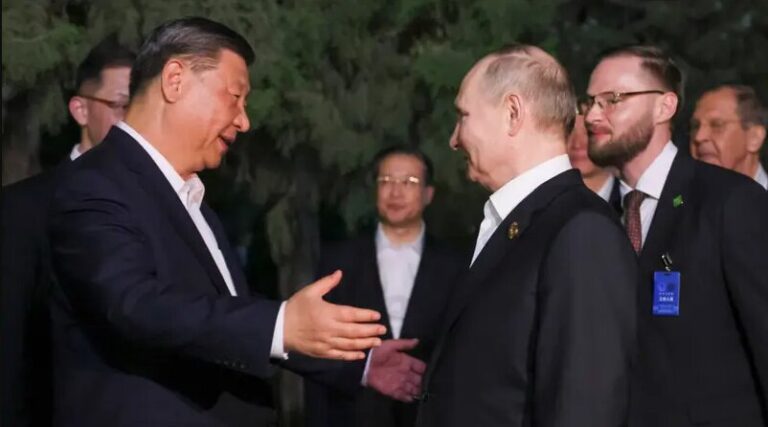
China’s Xi Supports Russia in Ukraine Peace Initiatives, Kremlin Confirms
In the context of the Ukraine crisis, Beijing has expressed support for renewed dialogue and solutions. A recent phone call between Presidents Putin and Xi underscored a growing Russia-China partnership, deemed a stabilizing force in global affairs. Xi endorsed Russia’s engagement with relevant parties regarding Ukraine. The Kremlin highlighted that this relationship remains unaffected by external pressures. Meanwhile, shifts in US policy under President Trump aim to restore diplomatic relations with Russia, which some critics argue has inadvertently strengthened its ties with China. As the situation evolves, the international community watches the implications of this partnership on global stability.
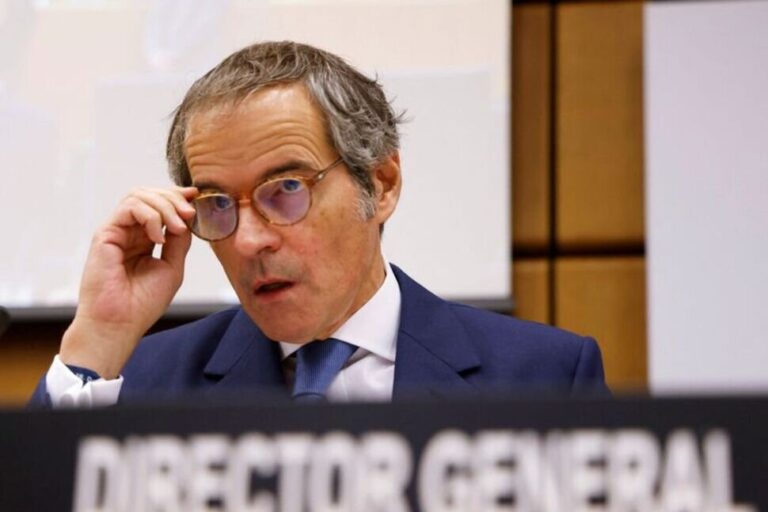
IAEA Chief Declares Threats to Iran’s Nuclear Sites Unacceptable: A Call for Global Stability
During his recent visit to Iran, Rafael Grossi, Director General of the IAEA, emphasized the importance of dialogue regarding nuclear safety amid rising tensions involving threats from Israel and the U.S. He rejected claims of the IAEA’s silence on these threats, asserting that any military action against nuclear facilities is unacceptable and poses environmental risks. Grossi called for enhanced cooperation between Iran and the IAEA to ensure compliance with international nuclear agreements and maintain global trust. His visit underscores the necessity of diplomatic engagement and the IAEA’s role in promoting peaceful nuclear use and addressing safety concerns.
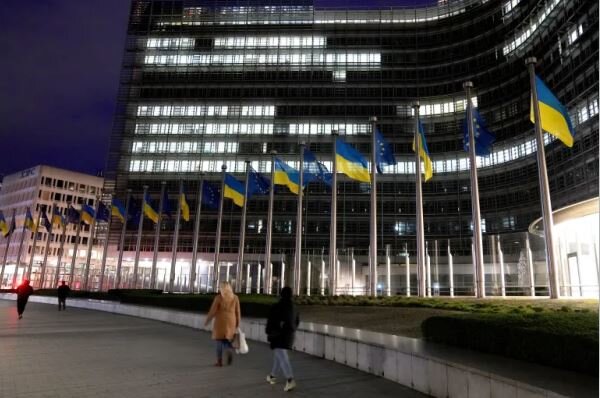
Ukraine Commemorates 3rd Anniversary of Invasion Amidst Uncertain Support Landscape
European Union and Canadian leaders gathered in Ukraine to mark the third anniversary of Russia’s invasion, reinforcing their support for the nation. Ukrainian President Volodymyr Zelenskyy celebrated the resilience of his people, stating, “Three years of resistance…absolute heroism of Ukrainians.” European Commission President Ursula von der Leyen emphasized that Ukraine’s struggle is critical for Europe’s future. Meanwhile, Hungary’s refusal to back further sanctions against Russia complicates EU efforts. Tensions between the U.S. and Ukraine also emerged, particularly around competing resolutions at the UN. Zelenskyy expressed willingness to resign for peace, highlighting the ongoing quest for sovereignty and international support.
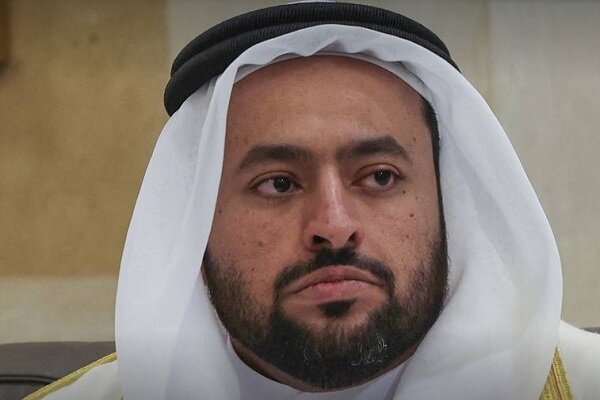
Doha Engages Russia in Diplomatic Talks to Resolve Iranian Nuclear Crisis
In an interview with TASS, Qatari official Mohammed Al-Khulaifi discussed Qatar’s role in the Syrian conflict and its collaboration with Russia on Iran’s nuclear program, emphasizing the importance of diplomatic dialogue for regional stability. He welcomed Oman’s mediation of high-level talks between the U.S. and Iran, expressing hope for a sustainable agreement that fosters security and cooperation. Al-Khulaifi reiterated Qatar’s commitment to mediation and diplomacy, stating that dialogue is essential for resolving the crisis and achieving positive outcomes for the region. Qatar’s involvement reflects its dedication to facilitating peace and stability in the Middle East.